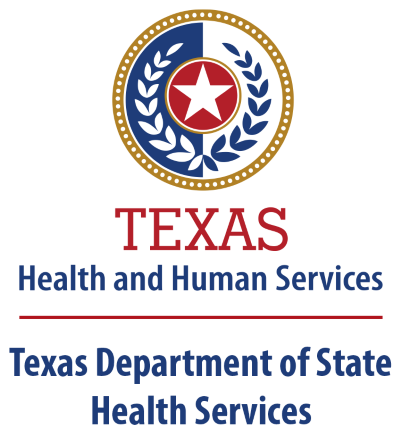How Family Support Enhances Recovery Outcomes
Recovery from behavioral health challenges is a journey that often requires more than just professional intervention. The role of family support in this process is both profound and transformative. At Maverick Behavioral Health, we recognize that healing is not just an individual effort—it is a collective experience where family involvement can significantly impact recovery outcomes. This article explores how family support enhances recovery and why it is essential for long-term success.
The Crucial Role of Family in Behavioral Health Recovery
Behavioral health conditions—such as substance use disorders, depression, anxiety, and other mental health issues—can create complex challenges that extend beyond the individual’s mind and body. Family members often witness firsthand the struggles and triumphs of their loved ones, making them uniquely positioned to offer emotional and practical support. When families are engaged in the recovery process, patients tend to feel less isolated, more understood, and better motivated to adhere to treatment plans.
Research consistently shows that individuals with strong family support have better recovery outcomes. This support can help reduce relapse rates, improve adherence to medication and therapy, and promote healthier coping mechanisms. At Maverick Behavioral Health, we emphasize family involvement because we know that recovery is strengthened when a patient feels supported at home as well as in clinical settings.
Building a Foundation of Trust and Communication
One of the cornerstones of effective family support is open and honest communication. Behavioral health issues can sometimes lead to misunderstandings, stigma, and strained relationships within families. By fostering an environment of trust and empathy, families can break down barriers that hinder recovery.
Maverick Behavioral Health provides education and counseling to families, helping them understand the nature of behavioral health conditions. This knowledge empowers families to respond compassionately rather than react judgmentally. When family members learn to communicate without blame or criticism, it creates a safe space for the individual in recovery to express their feelings, challenges, and needs. This foundation of trust and mutual respect is essential for navigating the ups and downs of recovery.
Emotional Support: A Pillar of Strength
Recovery is often accompanied by emotional turmoil, including feelings of shame, guilt, anxiety, and loneliness. Having family members who provide unwavering emotional support can be a vital source of strength during these difficult times. Emotional support means more than just offering sympathy—it involves active listening, encouragement, and reassurance that setbacks do not define the individual’s worth or potential for recovery.
At Maverick Behavioral Health, we encourage families to engage in supportive behaviors such as celebrating small victories, maintaining patience through setbacks, and promoting hope for the future. This emotional scaffolding helps reduce the burden of isolation that many individuals in recovery experience and fosters resilience.
Practical Involvement in Treatment and Daily Life
Beyond emotional support, families can play an instrumental role in the practical aspects of recovery. This includes helping manage treatment appointments, encouraging adherence to medication regimens, and facilitating participation in therapeutic activities or support groups. When families are actively involved in these daily routines, patients are more likely to maintain consistency in their recovery efforts.
Furthermore, families can assist in creating a stable and healthy living environment that minimizes triggers for relapse. This might involve setting boundaries around substance use, promoting nutritious eating habits, and encouraging regular physical activity. Such lifestyle adjustments, supported by family members, contribute to holistic healing and long-term wellness.
Maverick Behavioral Health offers family-oriented programs and workshops designed to equip loved ones with the skills and knowledge necessary to contribute effectively to their family member’s recovery journey. These programs recognize the dynamic role families play—not just as bystanders but as active partners in healing.
Sustaining Recovery Through Ongoing Family Engagement
Recovery is not a linear process; it requires ongoing effort, adjustment, and support. Families who remain engaged over the long term help sustain the progress achieved during initial treatment phases. Continuous family involvement can prevent feelings of abandonment and reduce the likelihood of relapse by providing a consistent network of care.
At Maverick Behavioral Health, we encourage families to view recovery as a shared journey rather than an individual task. Our follow-up services include family counseling and support groups to help loved ones stay connected, informed, and equipped to respond to evolving challenges. By maintaining strong family ties, individuals in recovery benefit from a stable support system that adapts to their needs and fosters lasting wellness.
If you’re interested in articles like this, you might want to check out: Would this process be easier if I stayed closer to family?


